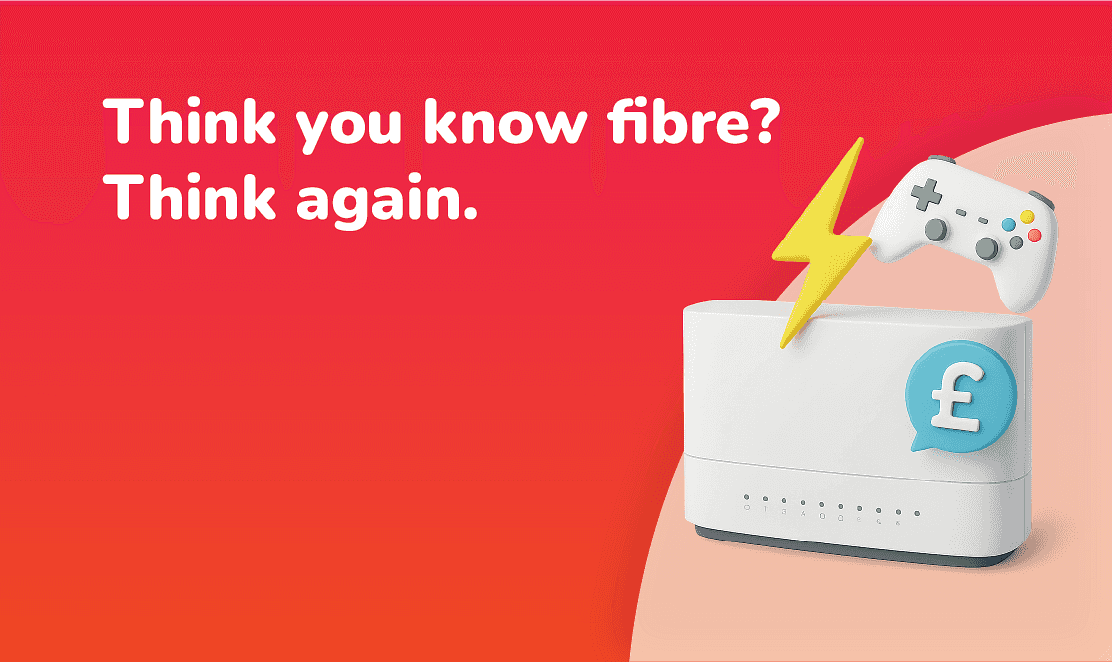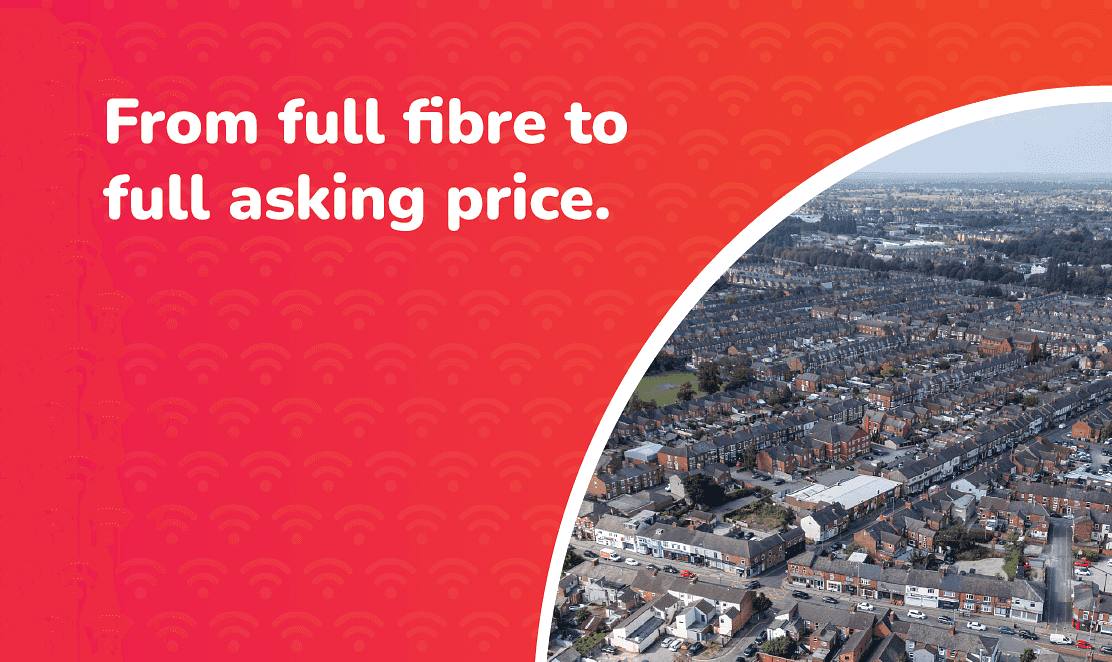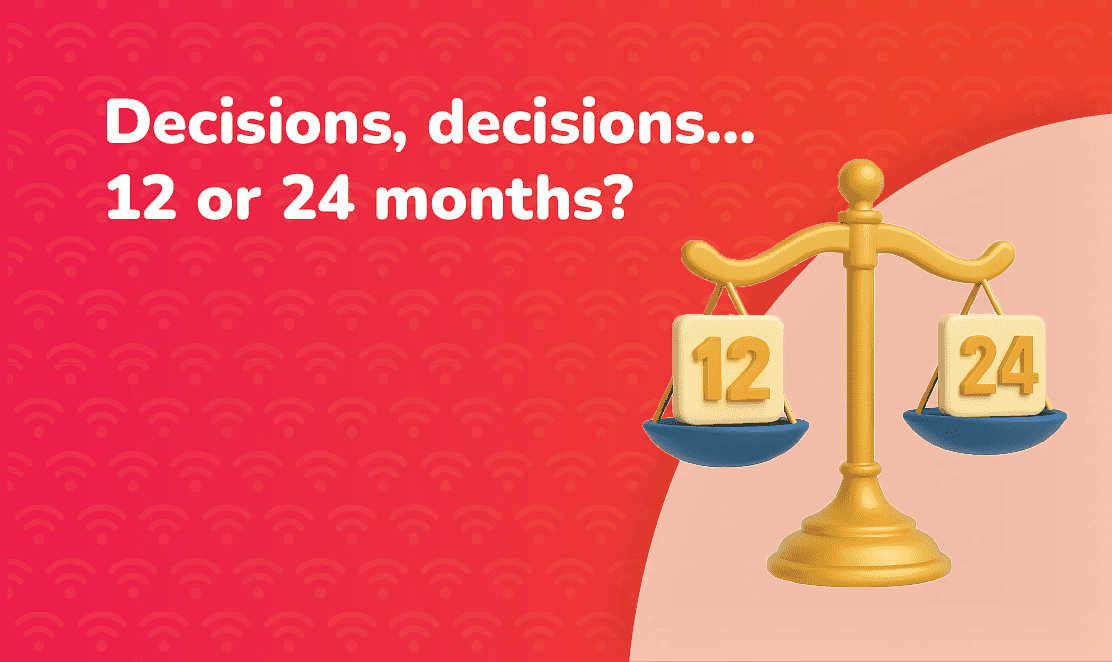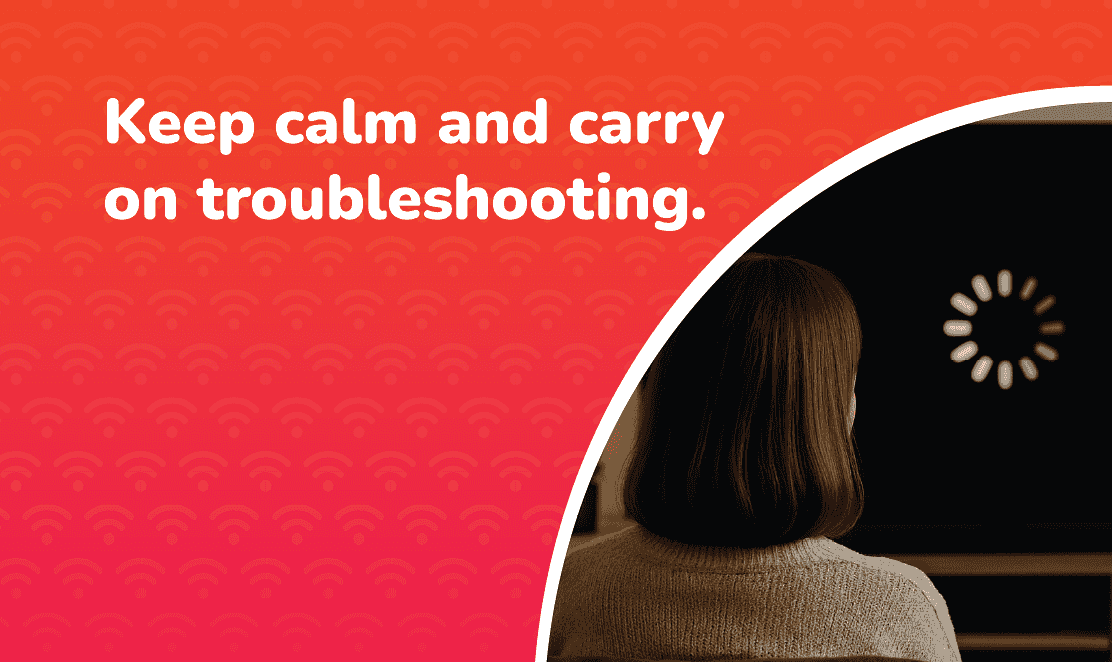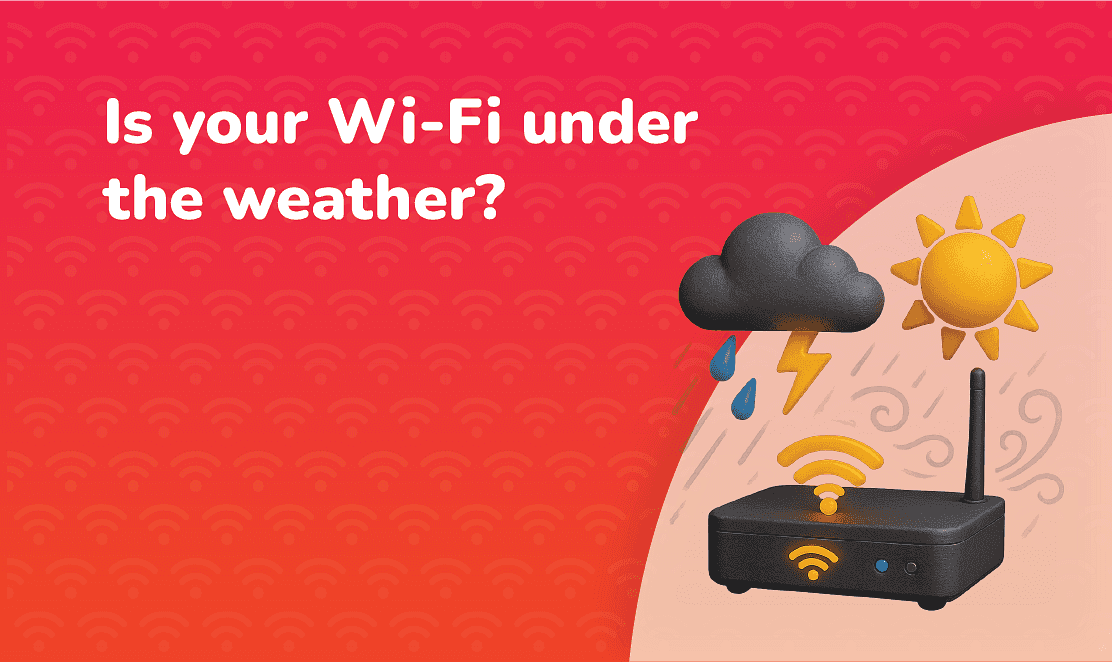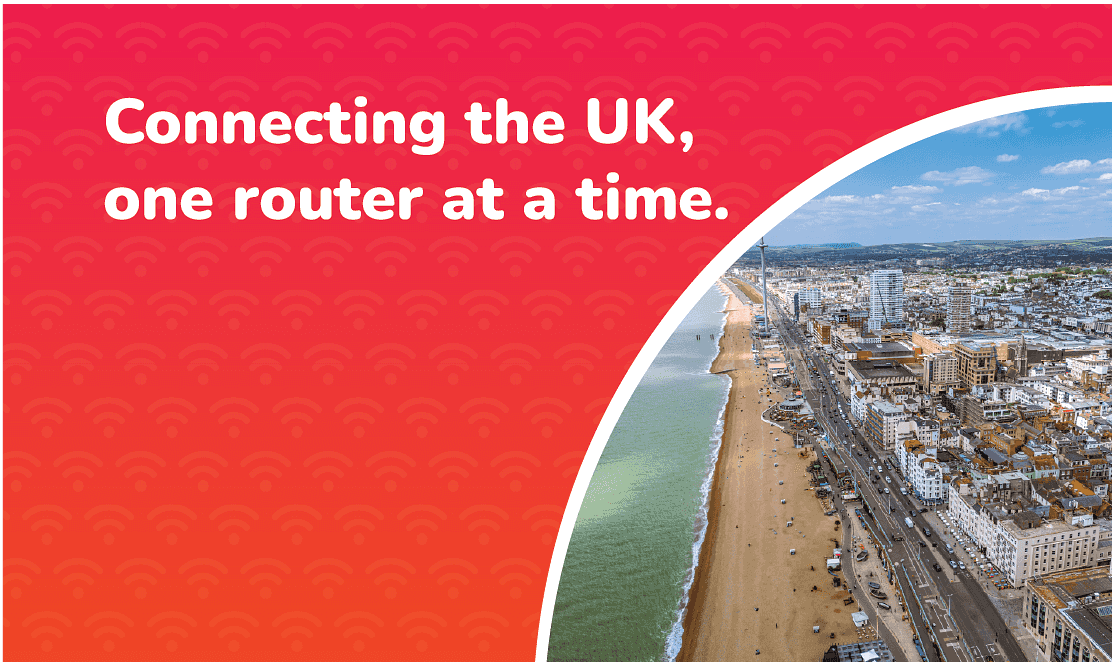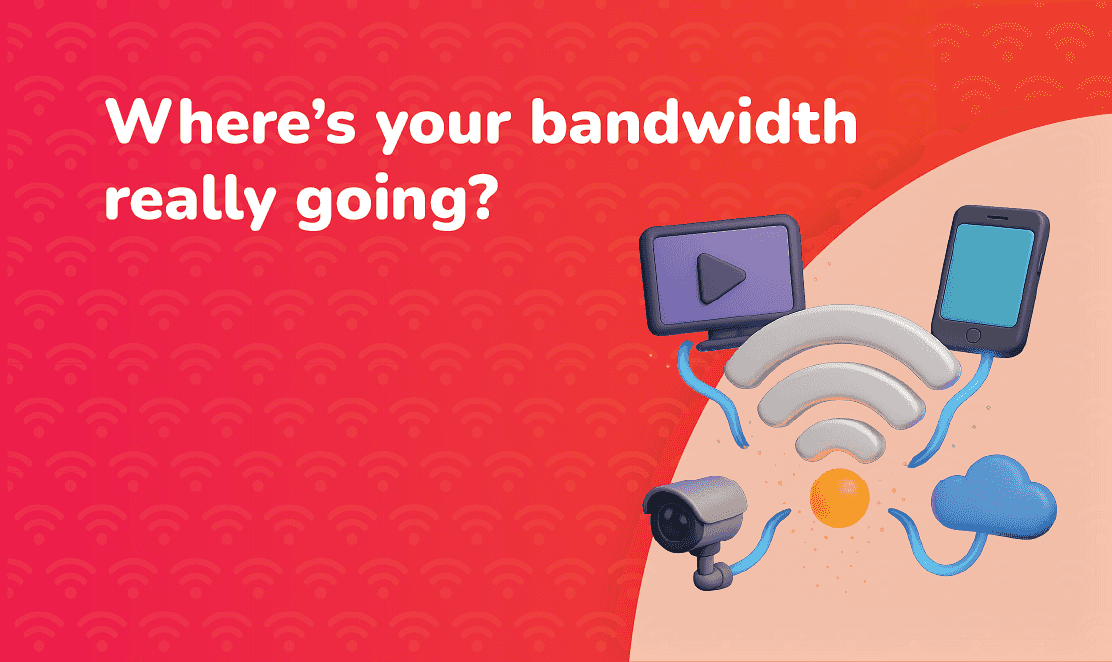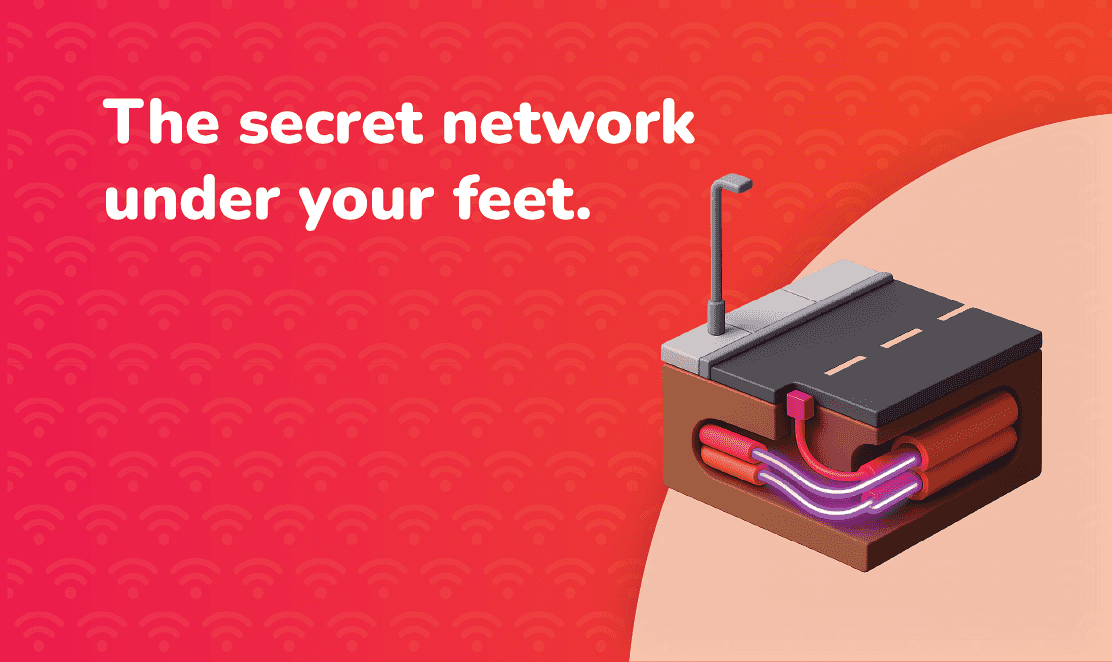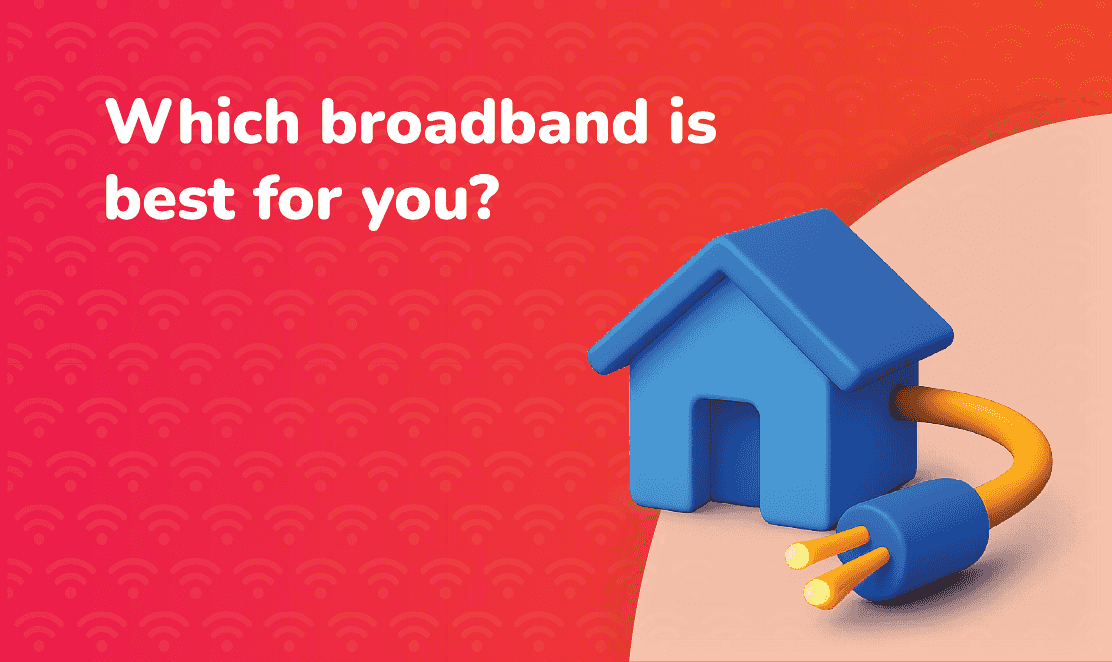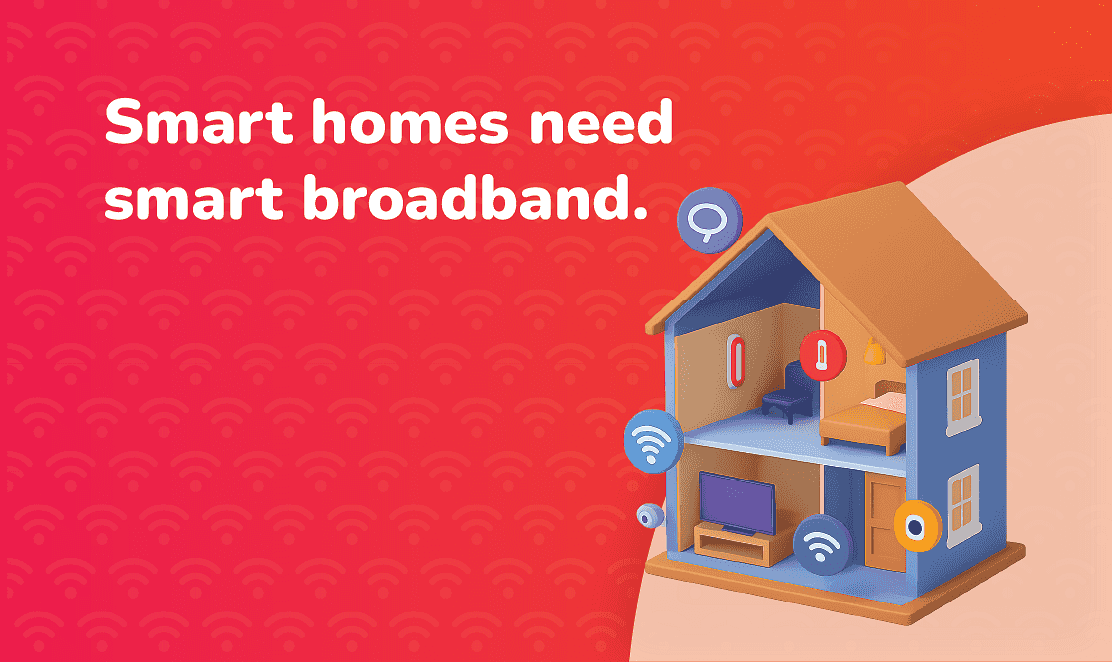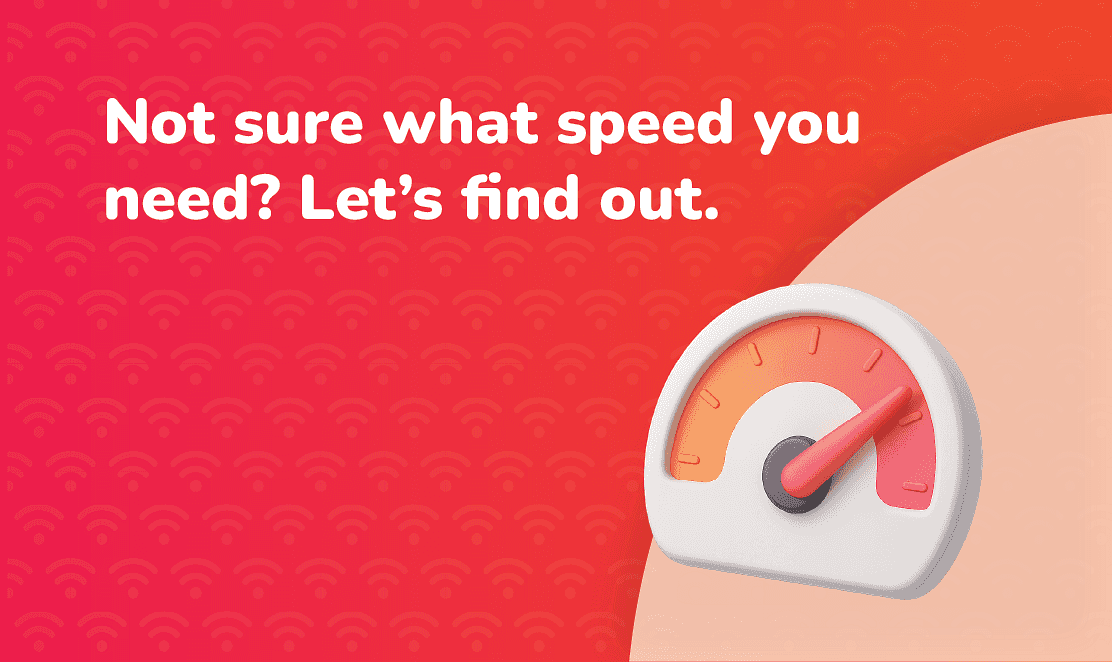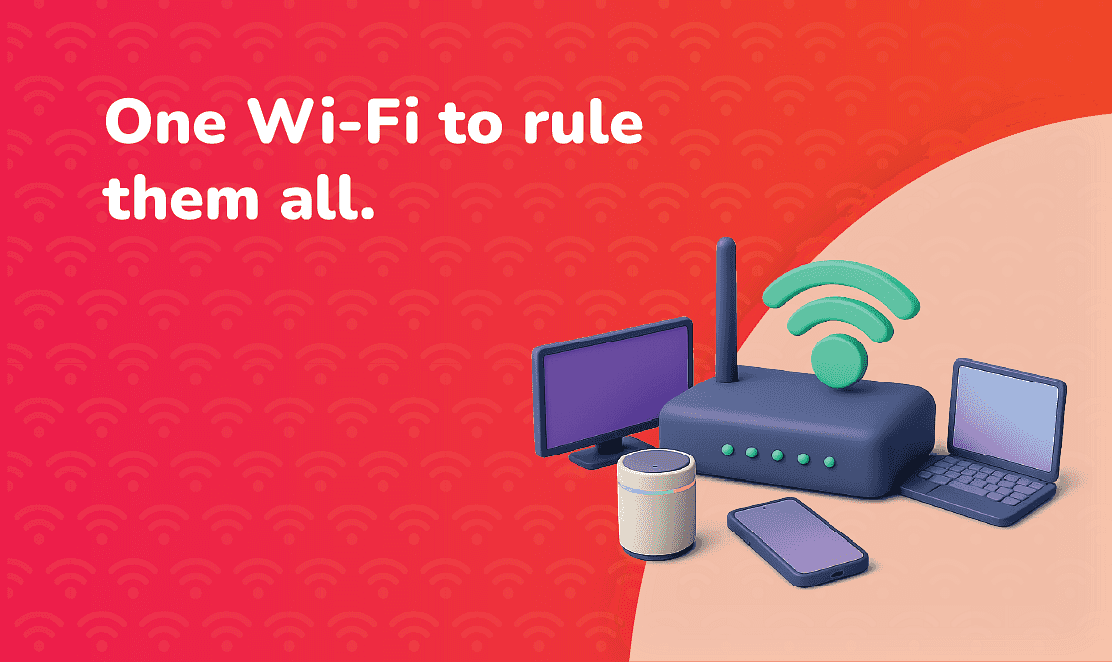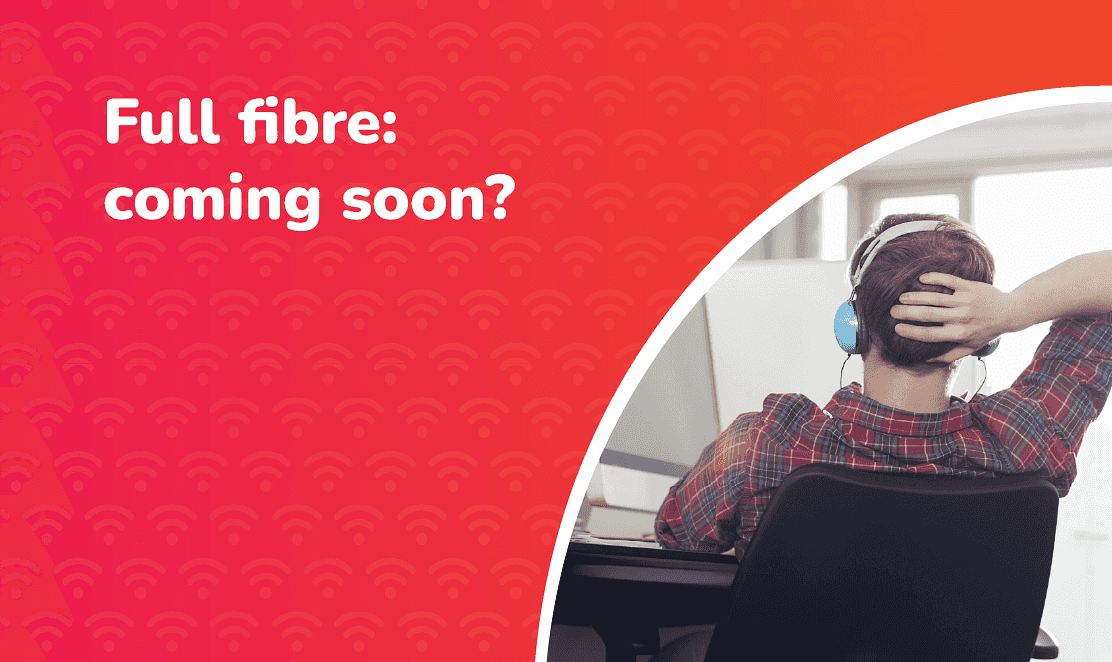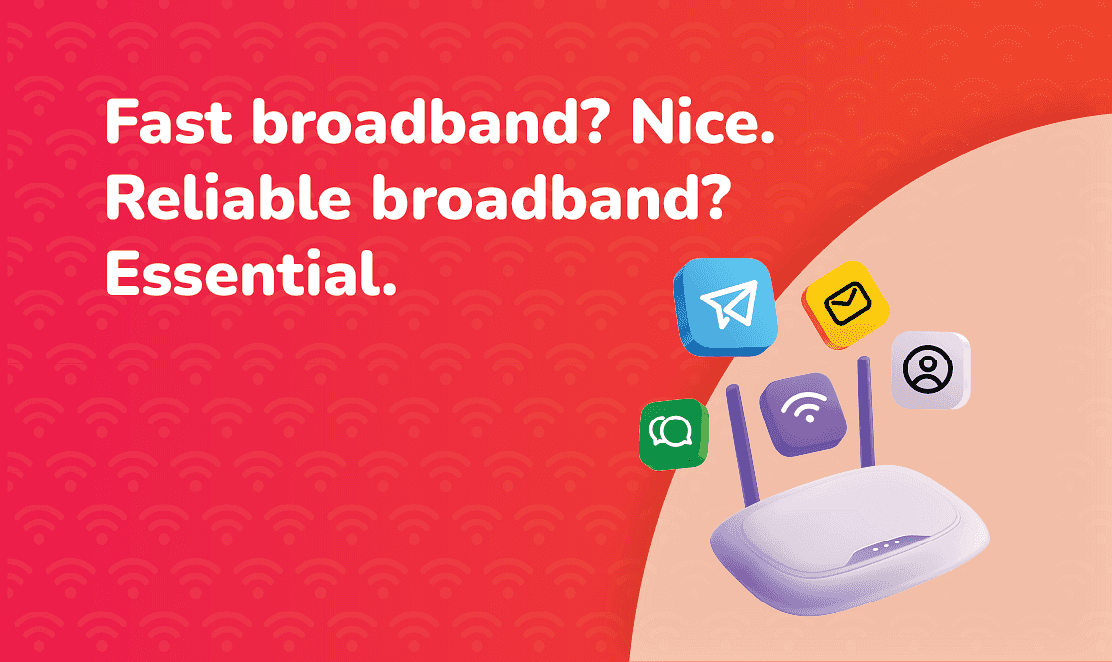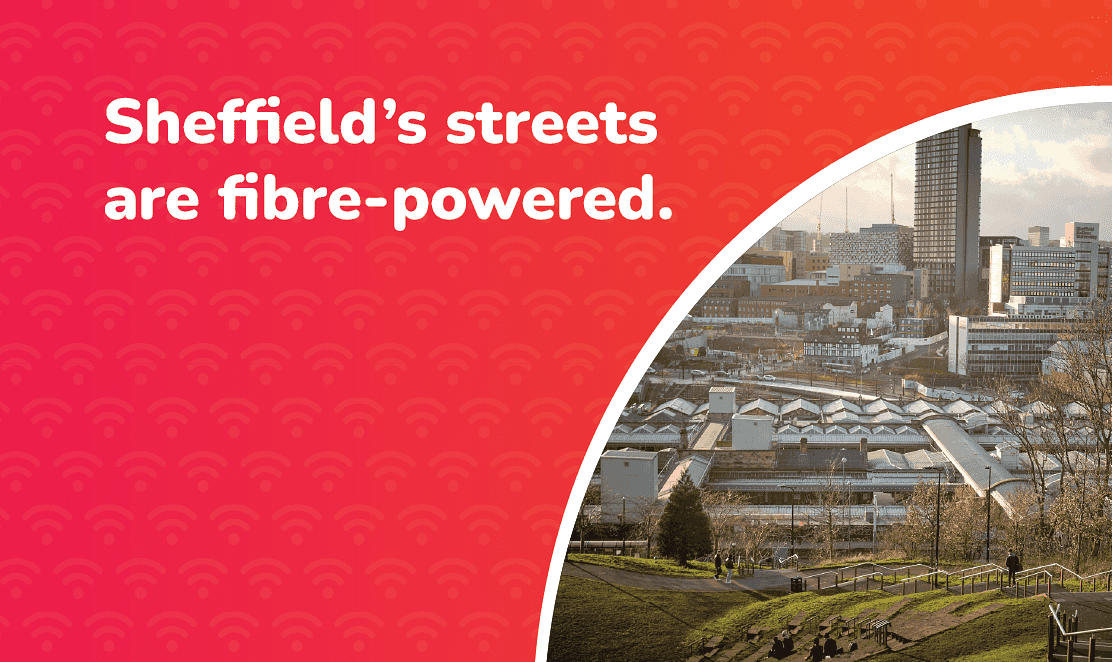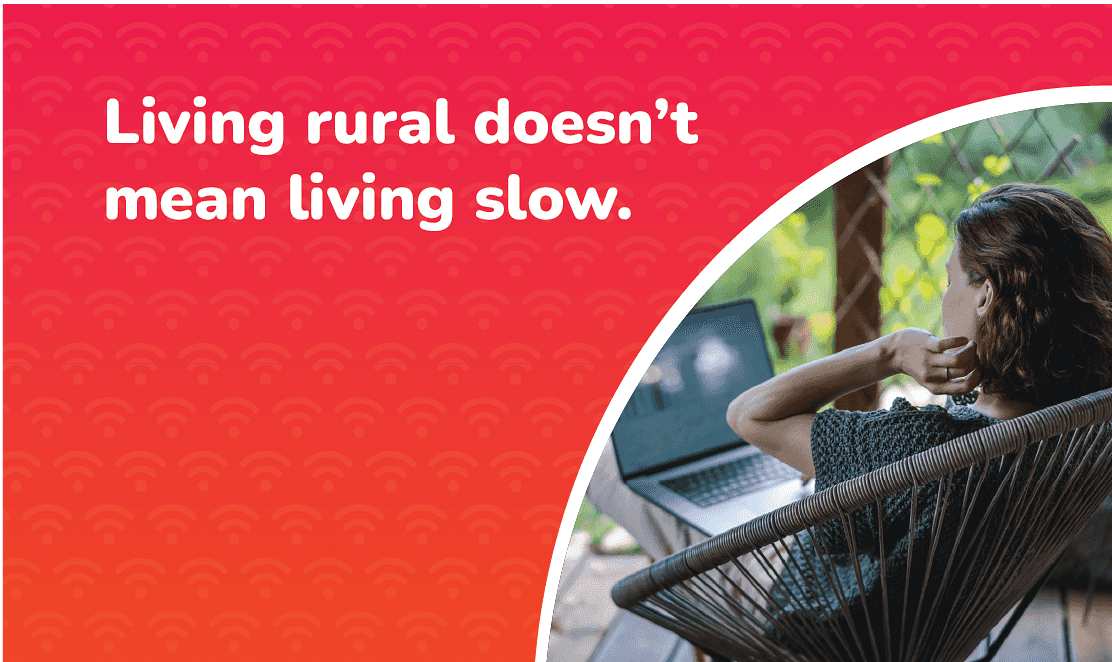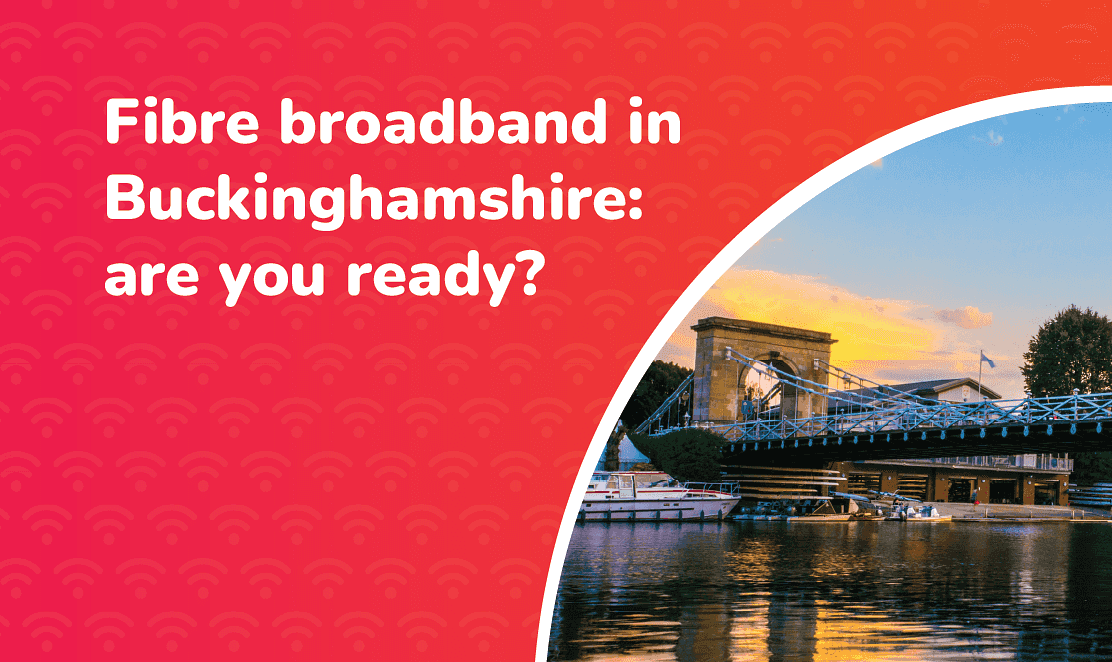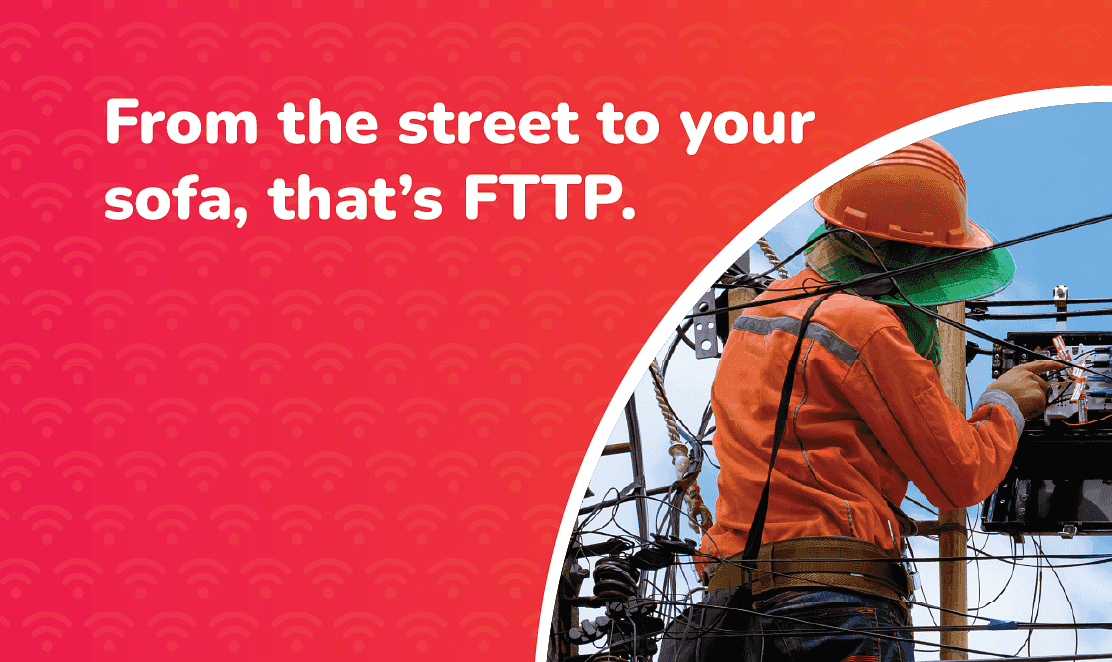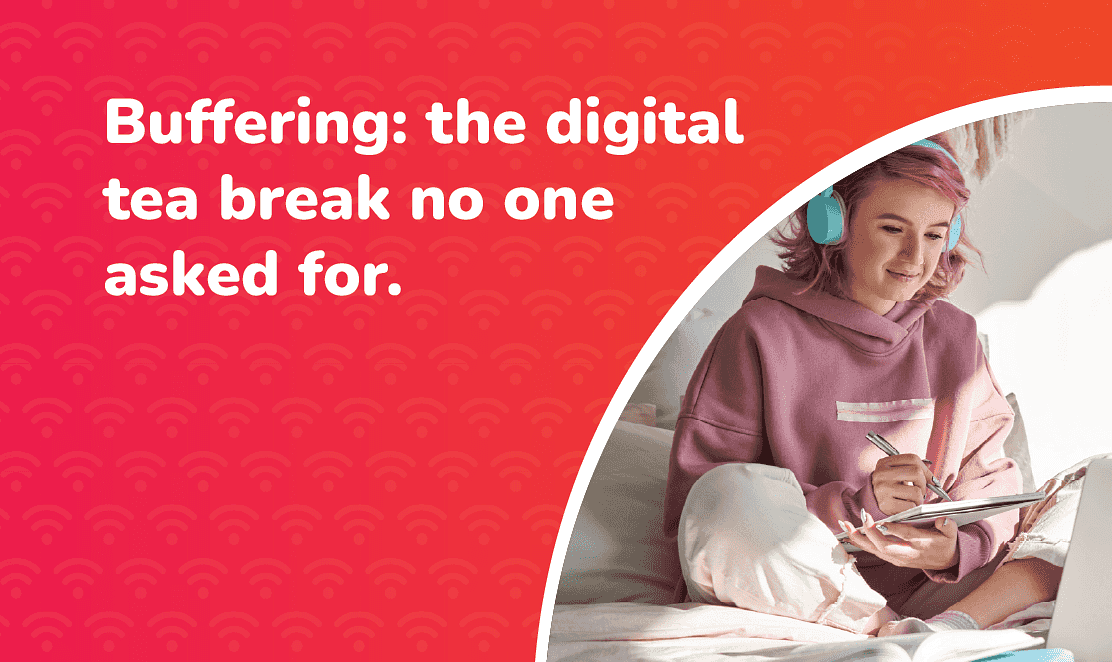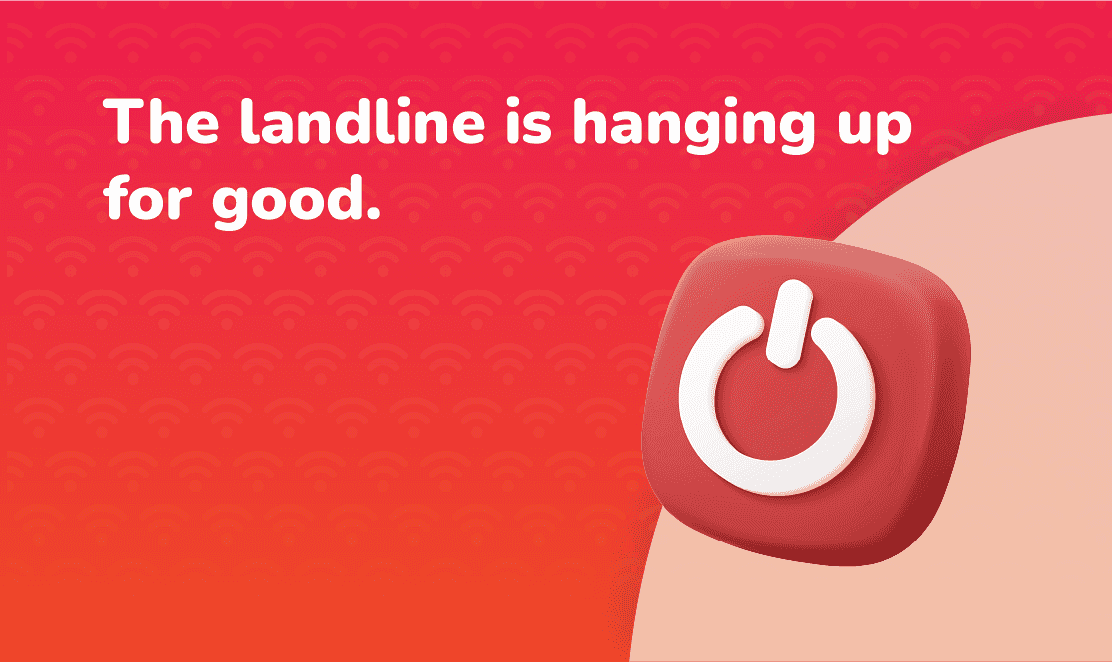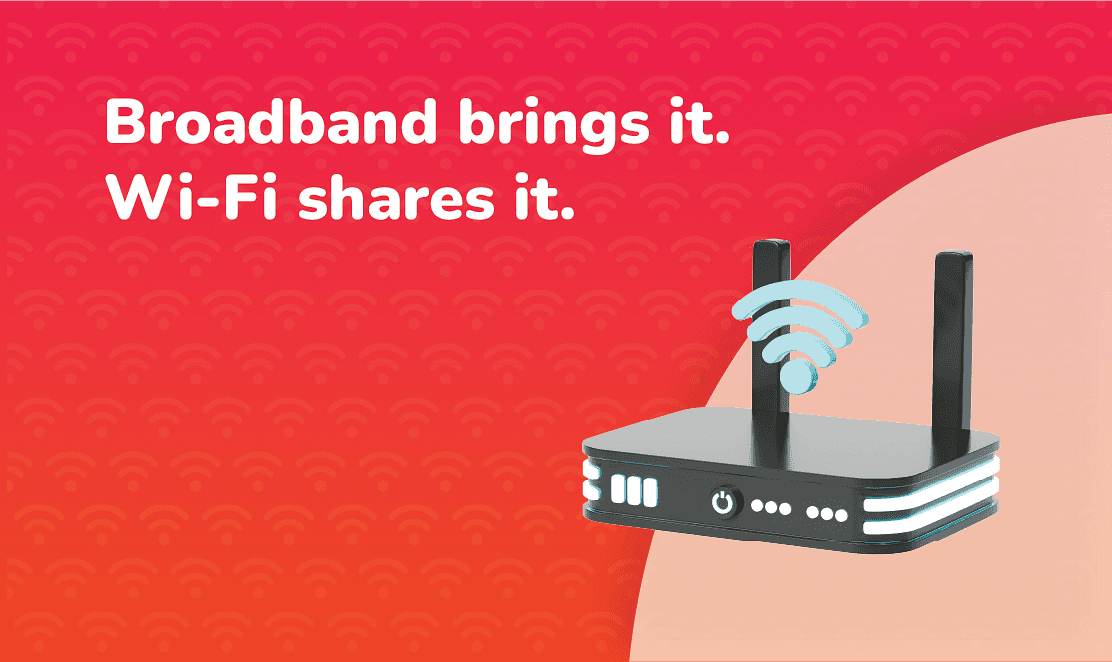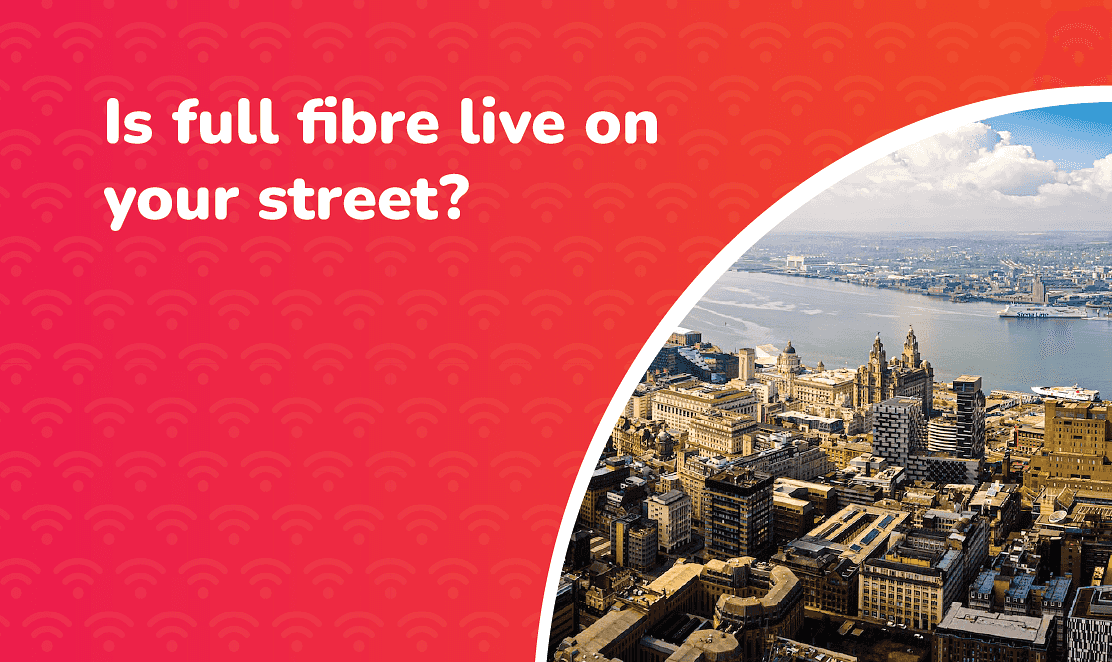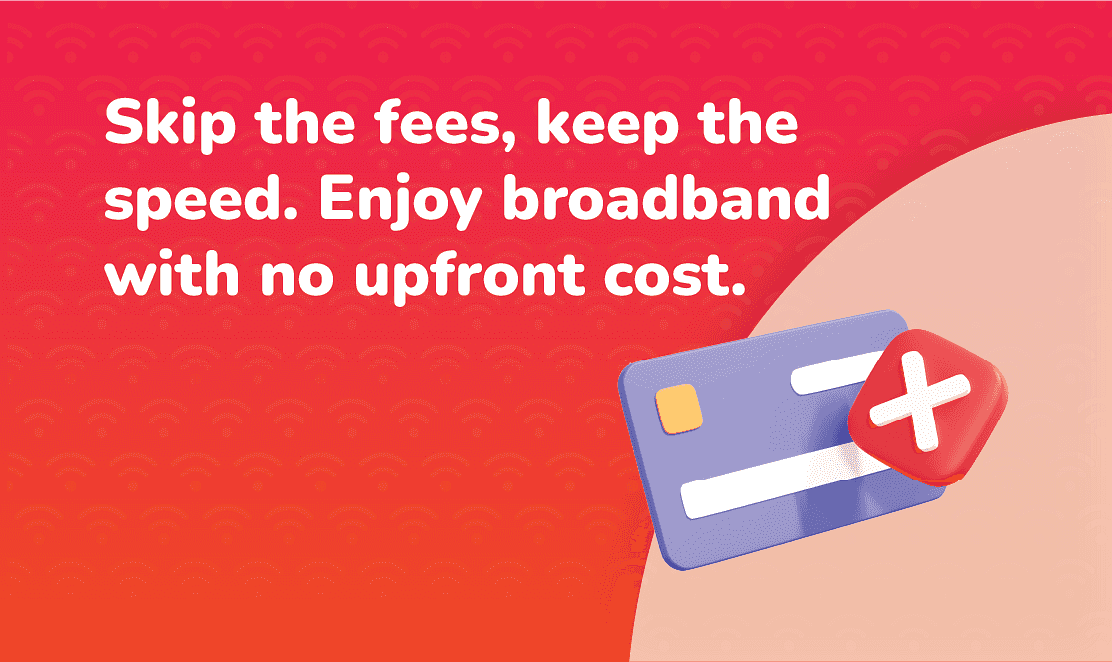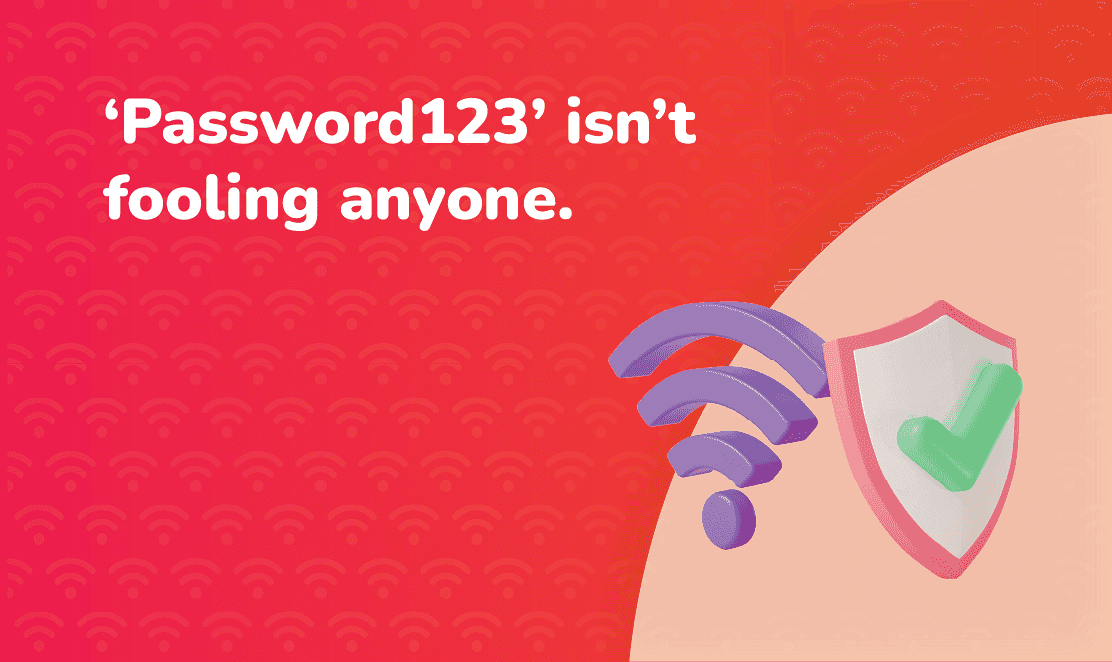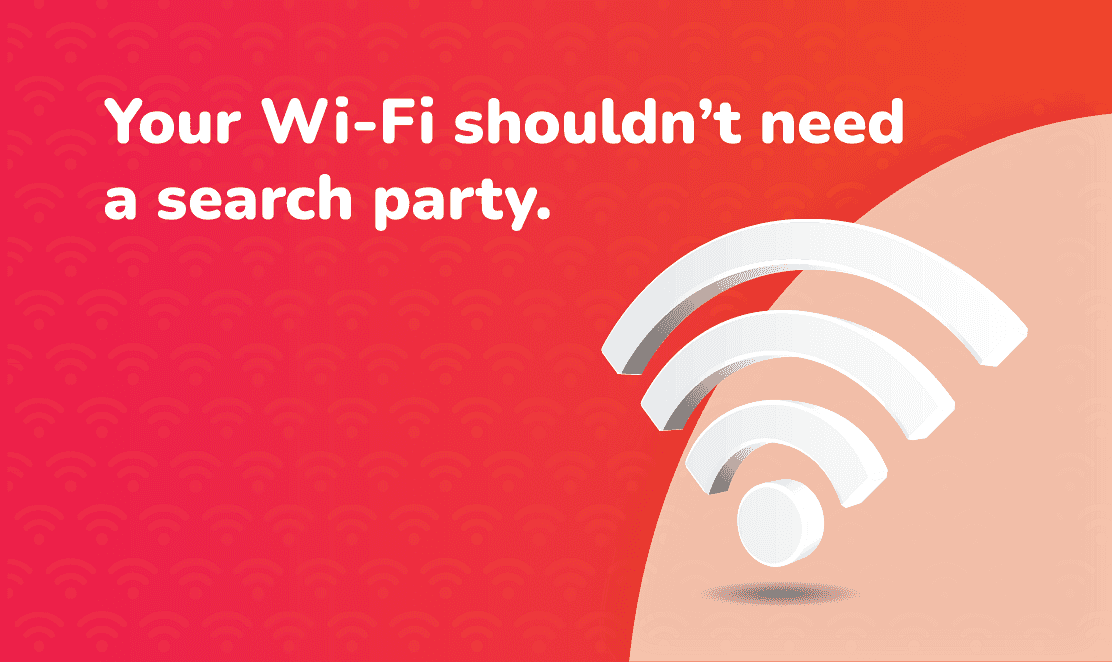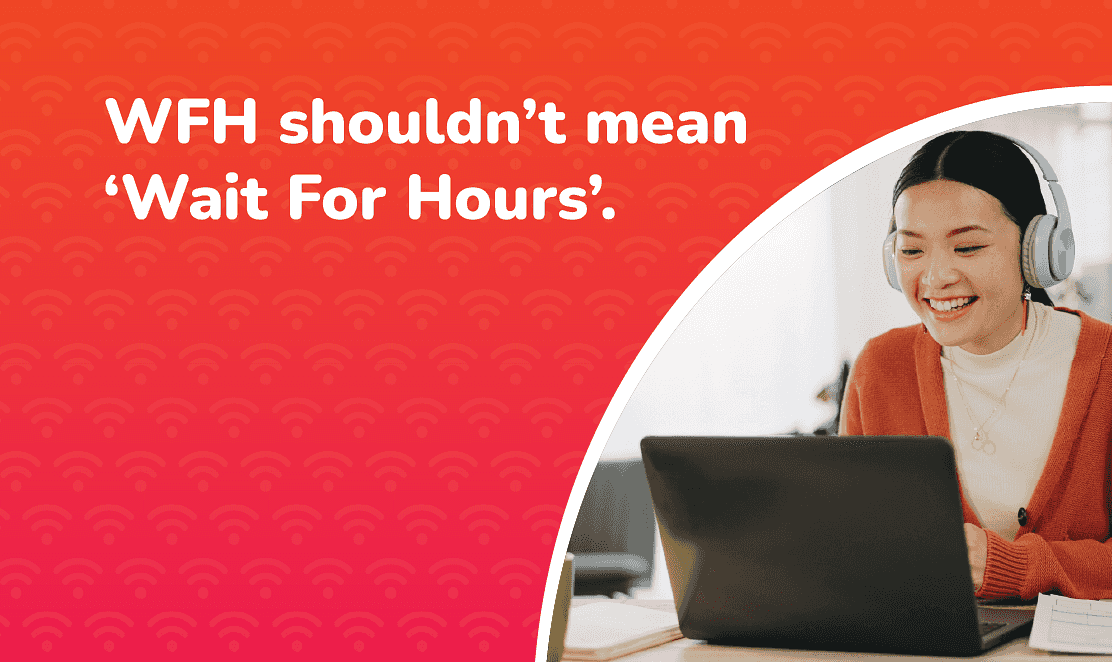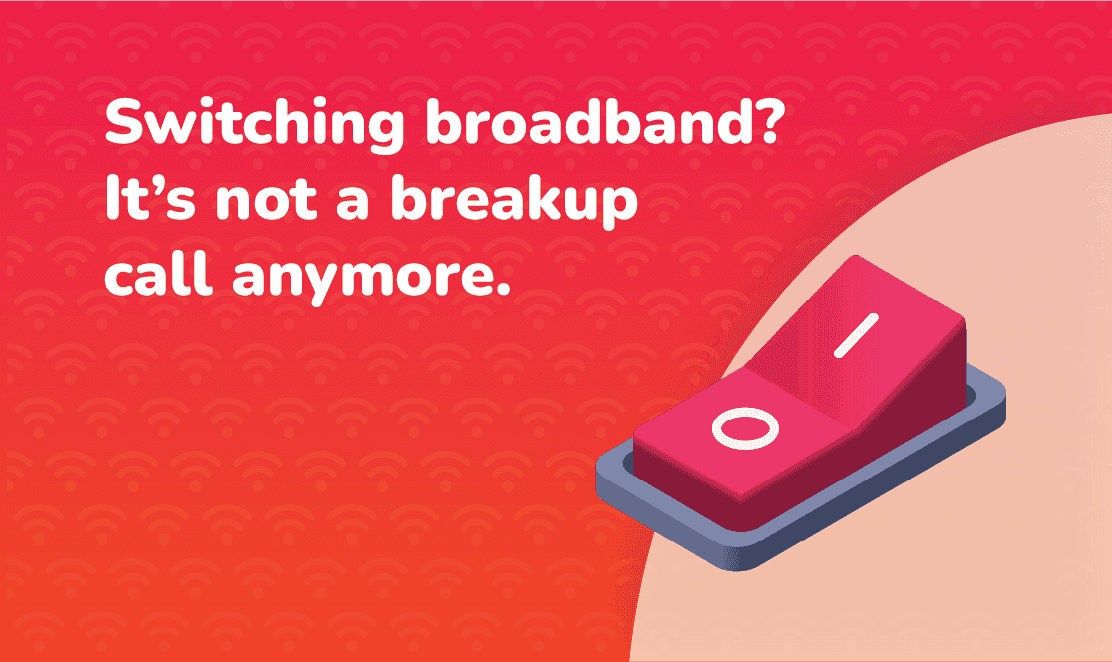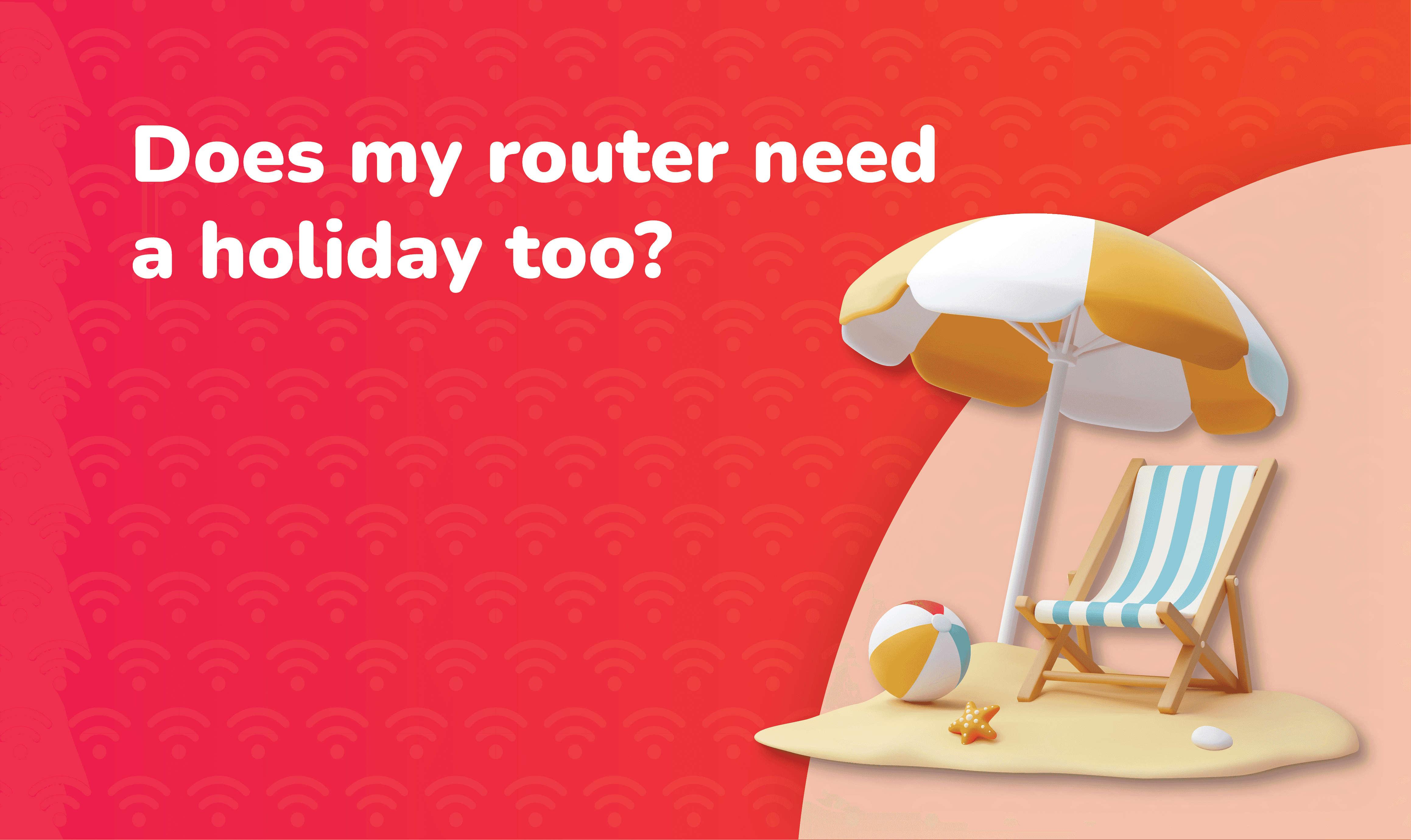Before you click ‘Add to Cart,’ take a minute to make sure you are not clicking into a scam.
The biggest shopping weekend of the year is nearly upon us, and so are the scammers. As you hunt for the best deals on Black Friday and Cyber Monday, online fraudsters ramp up activity, trying to trick users into fake offers, phishing pages, or malicious downloads.
In this post, we will walk you through how to stay safe online during Black Friday, especially over your broadband connection. You will learn how to spot scams, keep your network secure, and shop with confidence during the sales rush.
Why Black Friday & Cyber Monday Are Scam Magnets
Every year, cybercriminals exploit the surge in online shopping traffic. According to UK cybercrime data, consumers lost over £11 million during the 2023–24 festive shopping period, with an average victim losing roughly £695.
Fake websites, phishing emails, and too-good-to-be-true deals are common tactics. Always approach deals with caution, especially via unfamiliar retailers or links.
How to Stay Safe During Online Sales
When deals drop fast and checkout timers start ticking, it is easy to forget online safety, but with scams on the rise during Black Friday and Cyber Monday, a few smart habits can make all the difference. From recognising genuine retailers to securing your Wi-Fi connection, here is how to protect yourself while shopping online this season.
1. Stick to Trusted Websites & Retailers
Only shop from well-known, reputable sites. Before you pay, check:
- The URL starts with “https://” and shows the padlock symbol.
- The domain name is correct (beware of slight misspellings).
- Contact information, reviews, and return policy are visible and credible.
- Use credit cards (or payment services with buyer protection) where possible.
If a deal looks too good to be true, it probably is.
2. Use Strong Passwords and Enable Two-Factor Authentication
Don’t reuse passwords across sites. Use a unique, complex password for each account or a password manager.
Enable two-factor authentication wherever available. During peak shopping periods, this extra layer can stop attackers even if they get hold of your login credentials.
3. Avoid Public Wi-Fi
Public Wi-Fi is inherently insecure and popular with hackers attempting to intercept data. Avoid making purchases or entering sensitive information while on public networks.
If you must, use a trusted VPN (virtual private network) to encrypt your traffic, or switch to mobile data.
4. Keep Your Devices & Software Updated
Many security weaknesses exploit outdated software. Before you begin your shopping spree:
- Update your OS, browser, and antivirus software.
- Avoid clicking ‘Install Updates’ mid-checkout, schedule them beforehand.
- Enable automatic security patches.
These updates often include vital protection against known vulnerabilities.
5. Beware Social Media & Email Offers
Fraudsters often use social media adverts, DMs, or email blasts posing as legitimate retailers. Beware of:
- Emails that urge immediate action or pressure you to ‘pay now’.
- Links in messages; instead, go directly to the retailer’s official site.
- Offers from new or unverified accounts.
When in doubt, verify the deal manually through a trusted search engine or retailer.
6. Monitor Payment & Bank Statements Closely
After you make a purchase:
- Keep checking your bank / credit card statements for unauthorised transactions.
- Set up account alerts that notify you of new charges.
- Report any suspicious activity immediately to your bank and Action Fraud.
How Broadband Plays a Role in Shopping Security
Your broadband connection is the gateway to your online life, so it needs to stay secure too. A poorly configured network or weak password can let attackers intercept or manipulate your traffic.
- Use a strong Wi-Fi password (not “12345678” or “password”).
- Enable encryption (WPA2/WPA3) on your router.
- Avoid sharing your network credentials with unknown devices or guests.
You can also run our Broadband Speed Test to make sure your connection is stable and secure before shopping. A fast, reliable connection reduces checkout errors and keeps your details safe during online payments.
When to Consider Upgrading to Full Fibre
Even with tight security practices, sluggish speeds or network issues can expose you to risk (timeouts, broken connections, reloading pages). If your current setup struggles under heavy load, full fibre broadband offers:
- More stable, high-speed connections
- Lower latency, which is better for secure 2FA, SSL-encrypted traffic
- Fewer interruptions during peak usage
Check if full fibre is available in your postcode using our Full Fibre Availability Checker.
How to Shop Safely This Cyber Weekend
Stick to Trusted Sites
Type the retailer’s web address directly into your browser instead of clicking links in emails or social posts. Fake sites often mimic trusted brands with small spelling changes.
Use Strong Accounts
Create unique passwords for every shopping website and enable two-factor authentication where possible to protect your personal data.
Shop on a Secure Network
Use your home broadband or a trusted VPN for online purchases. Avoid public Wi-Fi, as it can expose your payment details to hackers.
Stay Updated
Install the latest device, browser, and antivirus updates before the sales begin. These updates fix security issues that scammers exploit.
Monitor Your Payments
Set up spending alerts and review your bank statements regularly so you can spot unauthorised transactions quickly.
Secure Your Broadband
Protect your home network with a strong Wi-Fi password and WPA2 or WPA3 encryption to keep intruders out.
Consider Upgrading to Full Fibre Broadband
A full fibre connection offers faster, more reliable browsing and a stable connection during busy online sales events.
By following these habits and maintaining a secure, high-performance broadband setup, you can enjoy the best Black Friday and Cyber Monday deals without worrying about scams or slow connections.
Frequently Asked Questions (FAQ)
What are common Black Friday online scams?
Fake retailer sites, phishing emails, social media impersonation, ‘too good to be true’ deals, and prepayment scams (gift card requests or bank transfers) are all common tactics.
How can I tell if a deal is fake or fraudulent?
Check for spelling or domain errors, inspect the URL (HTTPS + padlock), look up customer reviews, avoid deals that demand payment via gift cards or crypto, and do not trust unsolicited links.
Should I use my mobile data instead of public Wi-Fi for shopping?
Yes. Mobile (4G/5G) connections are typically safer than public Wi-Fi. Use them if you are unsure of the network’s security.
What do I do if I suspect I’ve been scammed?
- Immediately contact your bank/credit card provider
- Freeze or cancel the transaction
- Report the fraud to Action Fraud in the UK
- Change your passwords, especially for associated accounts


 No image Big Thumb
No image Big Thumb 
